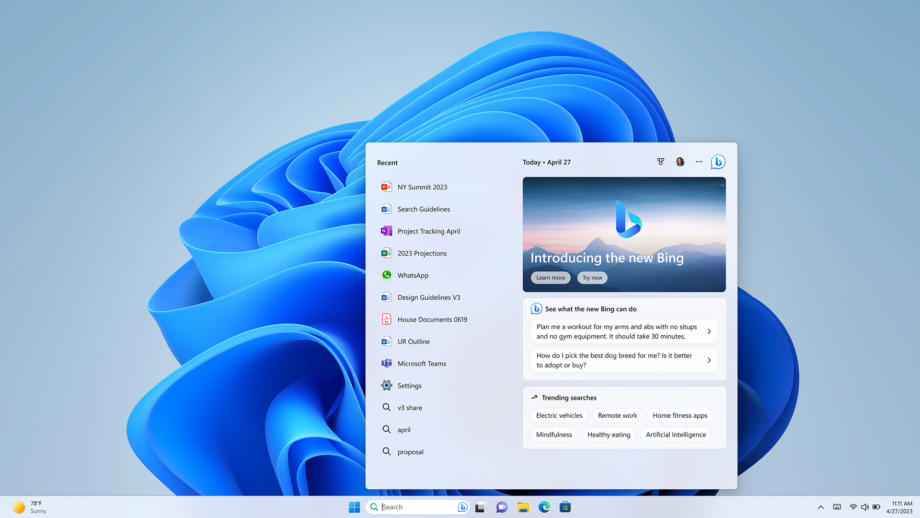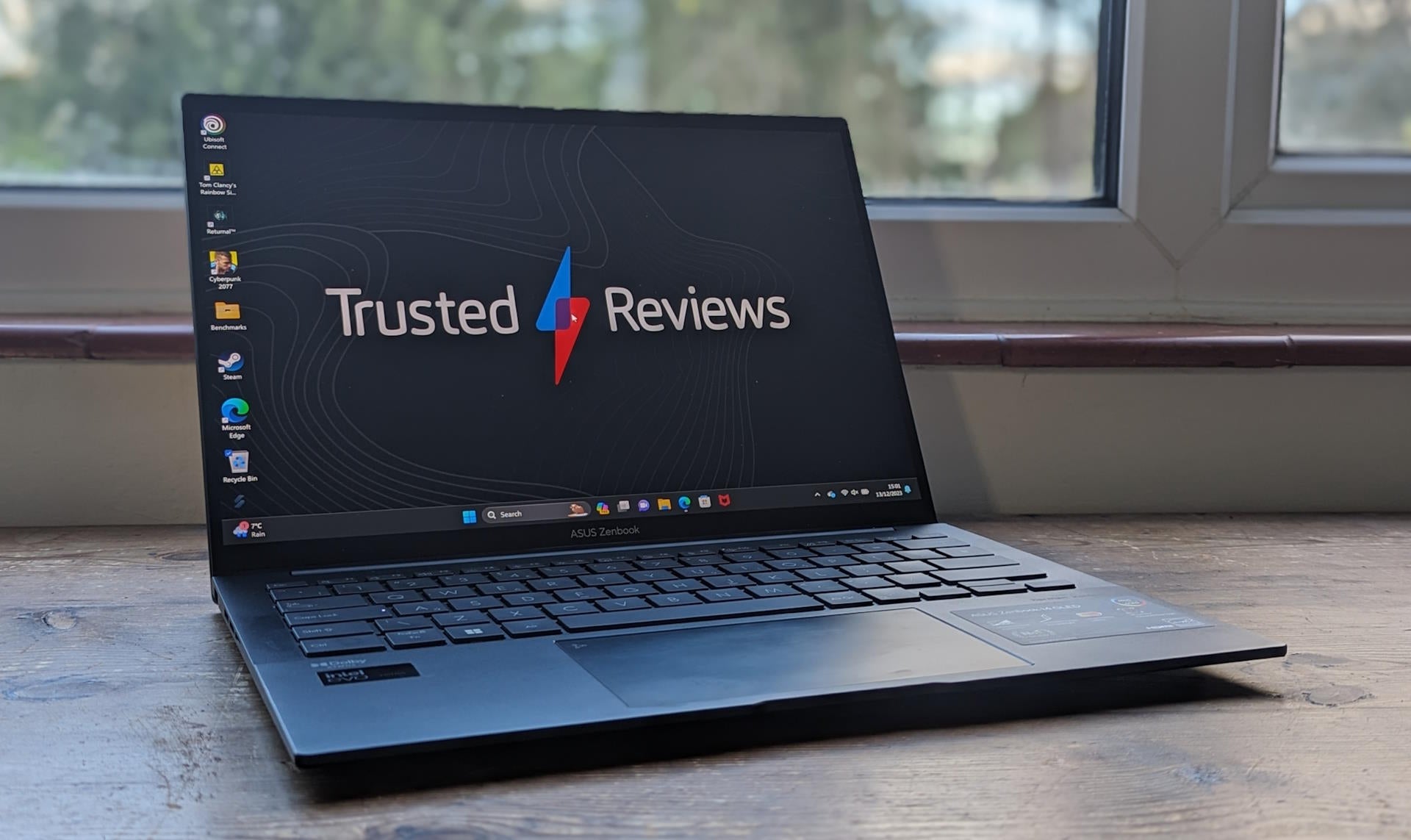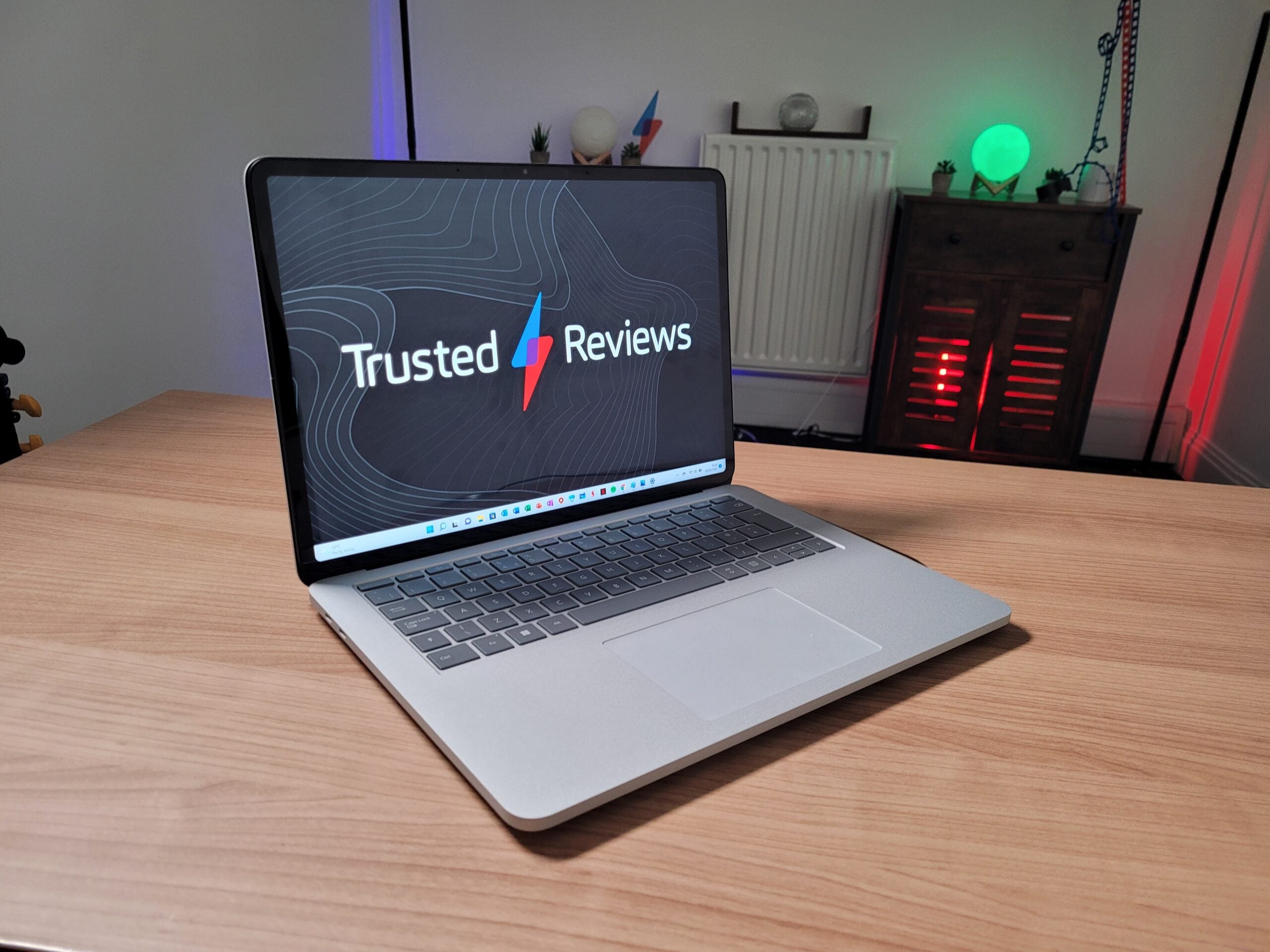Windows finally lets users ditch Bing and Edge, but Brits miss out

Microsoft will allow users to ditch homegrown apps – like the Edge browser and Bing search – from Windows 11 PCs, in order to comply with new laws in the European Union.
Due to the new Digital Markets Act, Microsoft is preparing to issue a Windows 11 update that’ll finally allow PC owners to purge a series of first-party apps.

Nintendo Switch OLED Mario Red Edition available for just £299.99 with free game
Argos is offering one of the best deals of Black Friday yet, with the Nintendo Switch OLED (Mario Red Edition) now available for just £299.99, with an extra game thrown in at no extra cost. This is a fantastic option for a Christmas gift if any of your loved ones love to game on the go.
- Argos
- Get a Switch game for free
- Now £299.99
So, if you’re frustrated by consistent prompts to use the default apps and services, you can now get rid of them. Key among them will be web searches defaulting to Bing instead of the preferred services like Google and DuckDuckGo.
Microsoft says those apps will include Camera, Cortana, Web Search from Microsoft Bing (in the EEA), Microsoft Edge (in the EEA) and Photos.
Unfortunately, there’s a catch for Brits and Americans who’re hoping for the same functionality. Because the Bing and Edge changes are only coming into force in the European Economic Area (which the UK is no longer part of thanks to Brexit), it won’t be a universal thing.
“Windows uses the region chosen by the customer during device setup to identify if the PC is in the EEA. Once chosen in device setup, the region used for DMA compliance can only be changed by resetting the PC,” Microsoft ads in a blog post.
As part of the changes, Microsoft is also clearly identifying which of its tools are System essential, such as File Explorer, and those that are considered Apps, like Mail, Maps and Media Player, for instance.
“Customers using Windows have always used a combination of operating system functionality as well as apps, but now Windows will clearly identify operating system functionality in places like Settings, Start, and Search,” the company adds.
The update will come into play in time for compliance in the EEA, which is March 24 2024.




